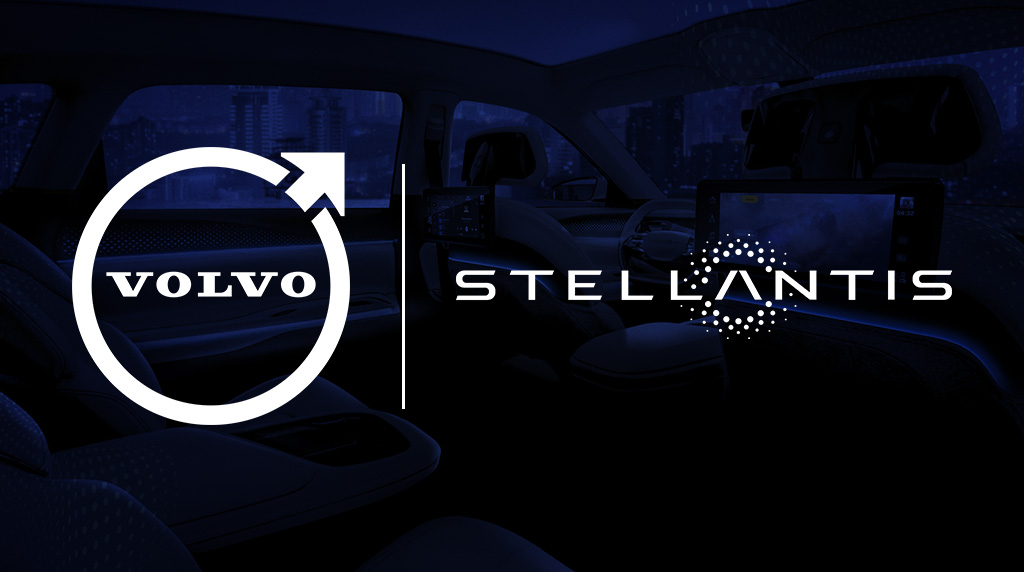Volvo and Stellantis, which together have 21.5 per cent of the European market, have resigned from the powerful lobbying group, the European Automobile Manufacturers Association (commonly known in its French language acronym ACEA).
Volvo, which aims to be electric-only by 2030, said in a statement on Friday that it would leave ACEA by the end of the year because its sustainability strategy is “not fully aligned with ACEA’s positioning and way of working at this stage. We therefore believe it is better to take a different path for now.”
ACEA has been opposed to the European Union’s goal of banning the sale of new ICE cars from 2035 onwards, which clashes with Volvo’s position to only sell EVs from 2030.
While Stellantis said it is also travelling towards an EV future with plans to introduce EV-only models in Europe from 2026, the company is questioning the speed of transition from ICE cars being mandated by the EU.
It doubts the ability of the industry to build enough electric cars to remain viable because of a lack of raw materials driving massive increases in costs that threaten to make EVs more expensive and unaffordable rather than progressively cheaper as was expected.
ACEA, which currently has 16 members representing European car, truck and bus manufacturers, is committed to the goal of a carbon-neutral Europe by 2050.
But the European Commission and Parliament is regulating for that deadline to be 2035.
ACEA is looking to extend the “EV-only” deadline and wants to gradually phase out petrol and diesel cars. This is at odds with Volvo’s complete move to EV.
Last month Stellantis, which has 14 brands, said it will exit ACEA by the end of this year. But Stellantis doesn’t have the same reasons as Volvo.
Stellantis agrees with ACEA about a gradual transition from fossil fuels to EVs but wants a larger focus on all aspects of mobility. It intends to launch its Freedom of Mobility Forum early in 2023 and with it, a shift away from the traditional lobbying activity of ACEA.
The forum’s goal is to identify “how to bring clean, safe, and affordable freedom of mobility for society in the face of global warming implications.”
Stellantis CEO Carlos Tavares, who was ACEA president in 2018 and 2019, has been among the most vocal in calling for a more gradual automotive transition.
He has been critical of the speed of the change imposed by lawmakers, saying EVs aren’t affordable for many consumers, there are not enough charging stations and the sector is under huge pressure to become more productive.
“We should never forget that the choice of electrification is a political choice, not an industrial one,” Mr Tavares said last week. “I respect their leadership. They decide; I comply.”
Volvo Cars will also leave ACEA at the end of 2022.
Of its termination, it said: “We would like to thank ACEA for their work and cooperation over the years.
“After much consideration, we have concluded that Volvo Cars’ sustainability strategy and ambitions are not fully aligned with ACEA’s positioning and way of working at this stage. We therefore believe it is better to take a different path for now.
“What we do as a sector will play a major role in deciding whether the world has a fighting chance to curb climate change.
“At Volvo Cars, we believe that it is incumbent on all of us to step up to the challenge. We have one of the most ambitious plans in the industry, but we can’t realise zero-emission transport by ourselves.
“We urge our peers to make their mark. Whoever does so will find a strong ally in Volvo Cars. We look forward to working with partners to address climate change for a safer tomorrow.”
Stellantis said it will hold its own annual event to address mobility issues. Volvo and Stellantis together accounted for 21.5 per cent of sales in the region through five months, according to ACEA’s figures.
ACEA said last month it was “concerned” that the European Parliament had rejected efforts to weaken a 100 per cent reduction in CO2 emissions from new cars from 2035, essentially outlawing sales of internal-combustion engines in the bloc after that date.
Volvo, along with Ford Motor, publicly supported the plan.
Volvo CEO Jim Rowan said in an interview last month with Automotive News Europe: “We’re going to be a full-electric company five years earlier than that (the EU’s planned phaseout), so, why wouldn’t we be public and vocal saying that we think this is the best thing for our business model, our customers and for the planet.”
While he wasn’t ready to announce Volvo’s plan to exit ACEA in that interview despite being asked whether the car-maker would leave the organisation, he did say that as electrification becomes more prevalent “there may well be other organisations that pop up and try and corral industry thought leadership to get to get the best minds together from an industry point of view.”
Volvo made it clear it was open to join such an organisation and asked other car-makers to be a part of this group.
“We believe that it is incumbent on all of us to step up to the challenge. We have one of the most ambitious plans in the industry, but we can’t realise zero-emission transport by ourselves,” Volvo said.
“We urge our peers to make their mark. Whoever does so will find a strong ally in Volvo Cars. We look forward to working with partners to address climate change for a safer tomorrow.”
ACEA, led by BMW Group CEO Oliver Zipse, was founded in 1991 to represent common industry positions of manufacturers in the European Union. Its members include Volkswagen Group and Toyota Motor, as well as major commercial vehicle maker Daimler Truck Holding.
By Neil Dowling













 Read More: Related articles
Read More: Related articles

